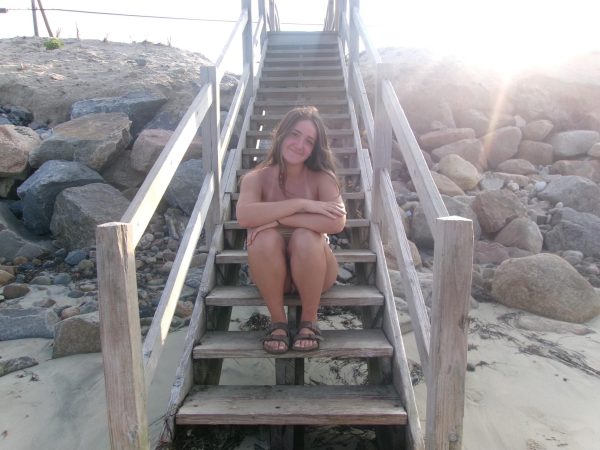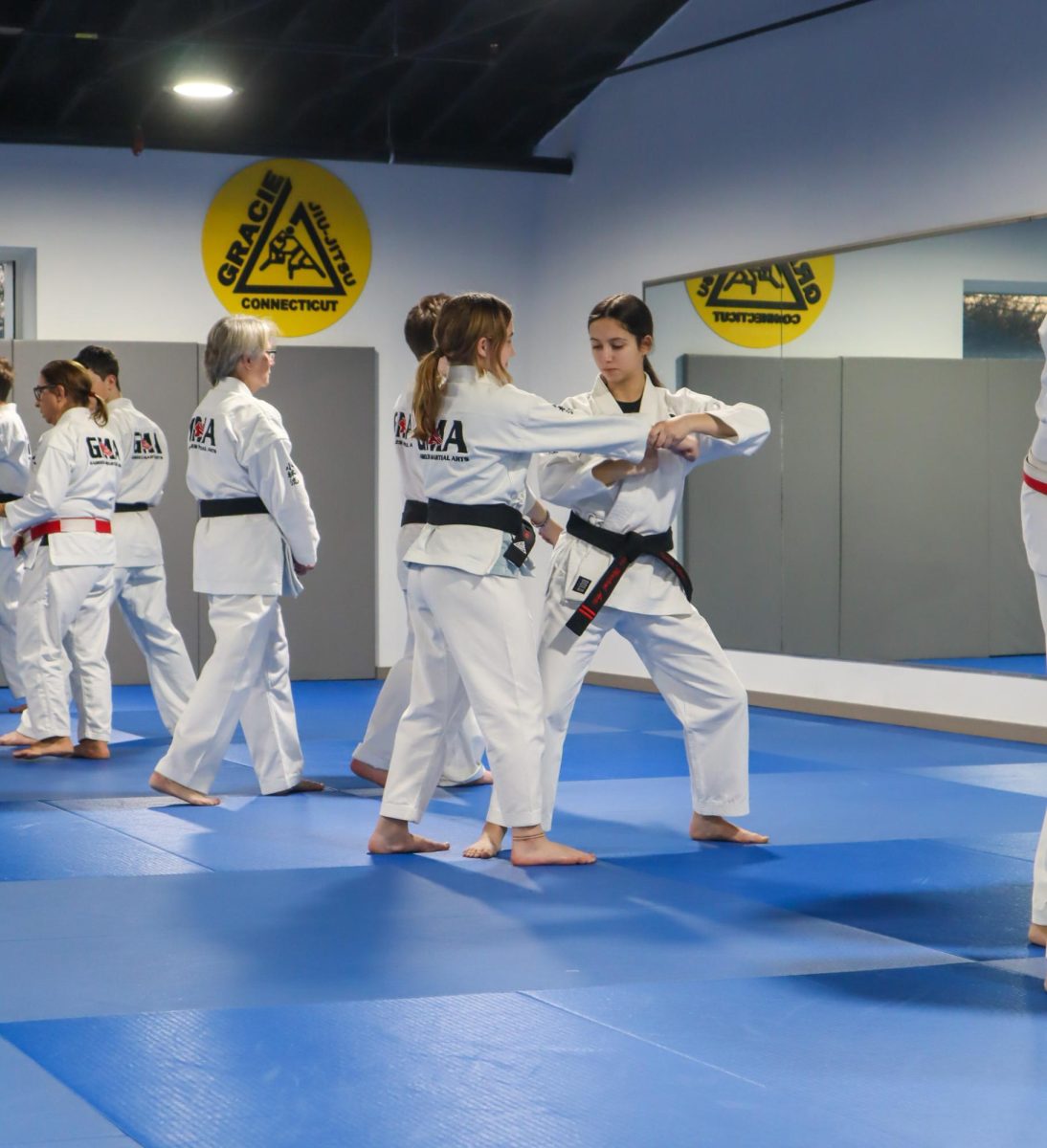Next year’s advisory plans poses huge threat to students, clubs and organizations
June 12, 2023
WHS students could lose their liberty on how they spend their advisory because of administrative decisions to revise the block with new activities. Honor societies, clubs, students, or whoever may meet during advisories may also be threatened by the new plans. They “will not run during advisory” next year, according to Mr. Roberts, who spoke on behalf of the committee.
In a faculty survey, the school asked for improvements and suggestions. The consensus was that the faculty felt creating connections with kids should be a big priority. As a result, a team of around 15-20 teachers across numerous departments have been working diligently to assess what can be done in the advisory block to help better WHS.
The fundamentals of the 2023-2024 advisory program can be divided into four different pillars: to foster relationships between students and teachers, connect with someone outside of academic life, build school spirit, and maintain positive relationships. Current plans detail having four days of shortened advisory, essentially a “homeroom,” followed by one day of a longer advisory every week.
During the summer, teachers will be working together to develop new ideas on what to do during advisory. Some of the proposed ideas revolve around culture building. For instance, Mrs. Pesko was inspired by pep rallies, ice cream socials, school-wide concerts, informational pieces for guidance, or general meetings.
In comparison to past programs for advisories, Mr. Roberts noted they “wanted the faculty to make an advisory made by Waterford, for Waterford.” It’s a “custom” program that will not be pre-packaged like the extended advisory initiative that was given to teachers in the 2021-2022 school year.
Another structure they plan to put in place are frequent check-ins with advisories, so that they are able to frequently adjust and adapt the plans as efficiently and carefully as possible. If things should be removed or added, they will be looked into on-the-fly.
The committee has spoken with consultant Linda Darcy from the regional education center, who specializes in helping students do better in regards to diversity, equity, curriculum, social-emotional learning, and many more topics. However, the committee still has no concrete way of addressing the issue of social equity.
The need for creating a committee was from the “inconsistencies [that] were building in advisories,” Mr. Roberts commented. Advisory was initially created to make connections with students, but has since taken a different approach. For example, advisory has been used as a block where students can greatly improve their academic success by meeting with teachers. During Activity Thursdays, there is extra help for Spanish, French, chemistry, ASL, English and more. For students who are struggling with stress management, Ms. Johnson hosts a stress reducing activities session. Students can also get counseling for post high school careers in athletics at Sherman’s room. There’s even counseling for common applications in the wellness center.
Advisory is equally or more important to the class councils of 2023-2025, honor societies, and dozens of clubs that meet during the block to stay up-to-date. If this time is removed by the administration of Waterford, it could pose a threat of where and when students can meet with each other in full. It may even cause students to reject participating in these extracurricular activities because of the newfound inaccessibility to where you can participate in these clubs.
As mentioned in The Lancelot’s previous article entitled “The State of Thursday Activities,” advisory, as described by Mrs. Concascia, is a great way for her students to have a fun and productive year” by meeting all together at one designated time.
While they still strongly encourage community involvement, the committee cannot view the Thursday activities and club meetings as the primary focus for next year because of administrative decisions. Mr. Roberts commented that “clubs and organizations will not meet during advisory.” Activity Thursday will also “not exist in the way they do now,” he added. Administration says that “while clubs and activities are not part of the plan for advisory next year, all options are on the table.”
Student desire for advisory to be more social is not new. In a 2013 article, former student Adam Howard stated that he did not likeadvisories because they were boring: “We should be allowed to enjoy 20 minutes out of our day besides lunch.”. In a previous article last year by The Lancelot, senior Eddie Salvati noted that he “and a lot of people see advisory as a 15 minute break to do whatever.” It’s a way to destress for students like him in a long, rigorous work day. “Some kids just want to just chill out in an area, but that’s even more difficult now,” Eddie also commented. In the past, this approach was official: “In 2007, [Waterford] had ten minute breaks. Kids were able to have a break for ten minutes to visit the school store and such,” English teacher Mrs. Hartell recalls.
Waterford High School has been trying for over a decade to make advisory work. Some of the previous ideas were dedicating Mondays to clubs, Wednesdays to world events, Thursdays for academic help, and Fridays for free use. Even a decade ago, WHS writers like Tricia Hauser commented on their skepticism: “the long-term success of the new [advisory] format remains to be seen.”
Change is inevitable when it comes to Waterford High School’s advisory block. Next year, it’s up to administration to allow the committee to make sure that change is for the better.








